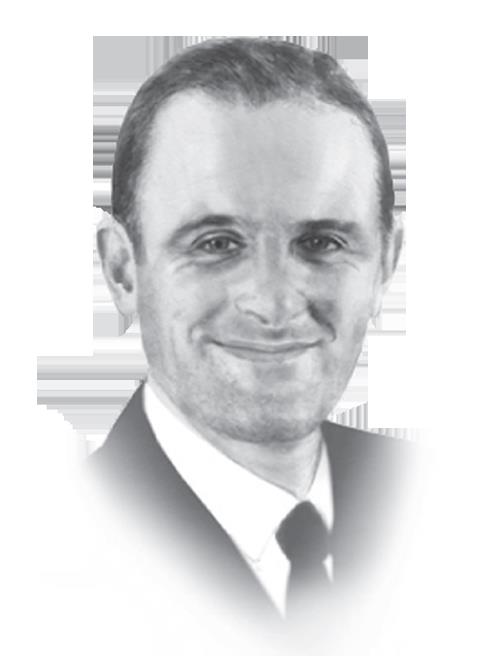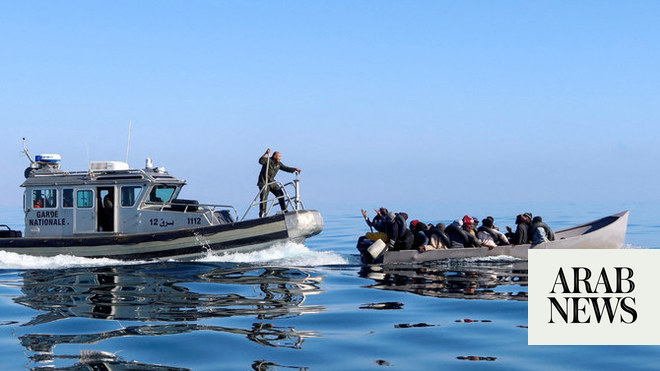
Amid a crossroads moment for the continent in the wake of the pandemic, European Commission President Ursula von der Leyen will deliver her annual state of the union address next week after a stumbling time in office so far.
With the worst of the coronavirus crisis possibly now over, Brussels is at a tipping point between the challenges that have confronted it for the past several years and a brighter, new dawn. If fortune favors the EU-27, there may now be a historic window of opportunity for the bloc to build back better.
When Von der Leyen took office in December 2019, she could not have foreseen that the pandemic would be the decisive challenge of her first two years. Yet it has dominated the political landscape, and the bungled initial EU rollout of vaccines led to calls for her resignation earlier this year.
Last winter and spring, the continent was lagging behind countries such as the US and UK on the distribution of vaccines. Yet, following initial stumbles, the EU has enhanced its strategy on procurement and this week it announced that 70 percent of adults have been double vaccinated.
Beyond the healthcare emergency, the pandemic has brought about a crisis-type environment that the EU has sometimes found congenial, enabling political and economic business to progress. Take the example of some of the big achievements by Brussels under Von der Leyen’s presidency.
Last December, the UK and EU-27 agreed a Brexit trade and cooperation deal. While tensions still exist with London, especially over the Northern Ireland protocol, there is now a potentially workable framework between the parties to try to build a new phase of UK-EU partnership in the years to come.
Moreover, Von der Leyen played a key role in the summer of 2020, alongside German Chancellor Angela Merkel and French President Emmanuel Macron, in persuading EU leaders to agree to give the bloc, for the first time in its history, debt-raising powers to finance a €750 billion ($890 billion) post-coronavirus recovery plan.
The window of opportunity to push the recovery package through last year reflected the economic and political stresses resulting not only from coronavirus — the worst economic shock for decades — but also Brexit. This is because the UK would have been skeptical of key elements of the agenda Von der Leyen is now pushing, including stronger EU defense union.
If fortune favors the bloc, there may now be a historic window of opportunity to build back better.
Andrew Hammond
In her big speech next week, Von der Leyen will outline her vision for the EU post-pandemic. She believes it is critical for the bloc to be ambitious and seize the initiative in the coming years, rather than risk further drift.
As well as opportunities on the horizon, there is also the potential for gathering storms, including from growing populism. While Euroskepticism is sometimes seen as a Western European problem because of Brexit, the populist surge in Eastern Europe, especially Hungary and Poland, is also a major thorn in the side of Brussels.
Beyond Brexit, the storm clouds highlight the fragility of the political situation across the continent. In recent years, there has been a huge growth of domestic and external challenges without precedent in the postwar era.
On the domestic front, there has been a significant rise of anti-EU, nationalist sentiment across the continent, which has seen populist arguments come to the fore, as well as the perceived erosion of the fundamental values of liberal democracy. While Brexit exemplifies this, the problem is by no means limited to the UK.
Von der Leyen is also aware that Brussels has been dependent in recent years on the political prowess of Macron and Merkel. However, the latter will be out of office in weeks and Macron faces a highly uncertain re-election bid next year.
On the international front is a new geopolitical reality due to an increasingly assertive Russia, instability in the Middle East, which has driven the migration problems affecting Europe, and uncertainty from Washington with the fallout from Donald Trump’s presidency and the Biden administration’s precipitous withdrawal from Afghanistan.
One of the distinctive ways that Von der Leyen has responded to this troubled environment is to double down on relationships with important emerging market powers, especially Africa, which has become one of her key foreign policy priorities. However, beyond that continent, the Asian giants of India and China are also vital, with Brussels engaging on new trade and investment deals with both.
Von der Leyen’s speech will make clear that decisions made this year and next will help define the EU’s longer-term political and economic character in the face of multiple challenges and opportunities. With storm clouds possibly gathering again, she will argue that now is the time for the continent to think big and forge a new, stronger path ahead.
Andrew Hammond is an Associate at LSE IDEAS at the London School of Economics.
Disclaimer: Views expressed by writers in this section are their own and do not necessarily reflect Arab News" point-of-view












